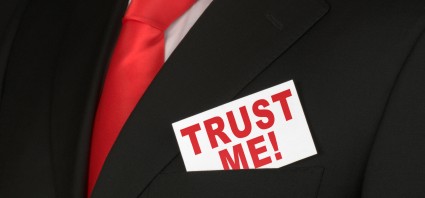What characterises someone as a good communicator? Being ‘authentic’ is usually hailed as a key attribute; someone who says it how it is, who doesn’t hide behind pre-scripted sound bites, who answers the question (and without jargon) but, most importantly, is clearly themselves. People respond well to an authentic leader, whether it’s a politician or a business leader, and feel they can have a genuine connection with that individual.
But for some reason, being the authentic version of ourselves is quite hard. Watching a debate for the UK general election last week involving six leaders and deputy leaders of the UK’s political parties, each politician had 30 seconds at the end to give their pitch to the electorate. For some inexplicable reason, most chose to read from an autocue. The result? Stilted, monotoned, expressionless statements that had me thinking more about their presentation style than the content of what they had to say.
Why would a skilled politician and speaker need an autocue to give the type of speech that they have probably already given hundreds of times? All it served to do was to strip them of their authenticity; that very thing makes them the person they are and why people like – or dislike – them.
Strip away the stuff that hides the real you
It had me thinking that the best example of an authentic communicator is probably your five-year-old self. You weren’t afraid to say what you thought of something; weren’t afraid to admit you didn’t know; and weren’t shy of saying what it is you liked and didn’t like. Of course, your five-year-old self had no filter, so I am not suggesting reverting to toddler tantrums, but I am saying that leaders whether they are politicians, CEOs, or anyone with a message to give, should strip away the communications tools that cloak and stifle authenticity.
Bin the autocue
That means binning the autocue; the over-scripted corporate videos; the company intranet piece written and polished by someone else; and the impenetrable corporate jargon that you’d never use outside the office. And maybe doing more of the things that are authentic to you. It’ll make your communications better, and your message will be more likely to land.



